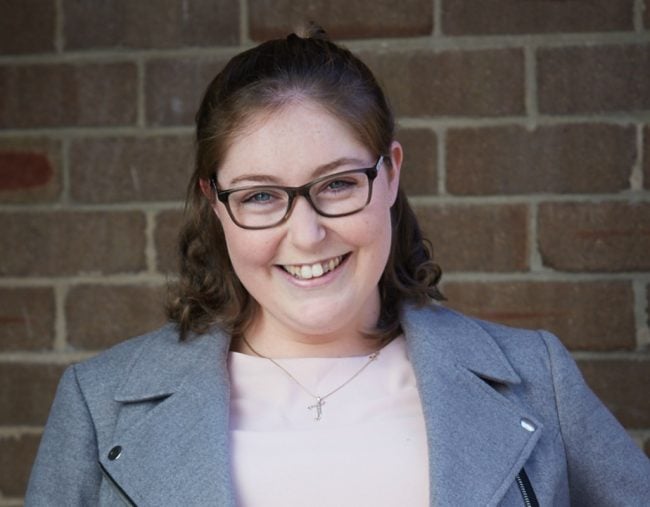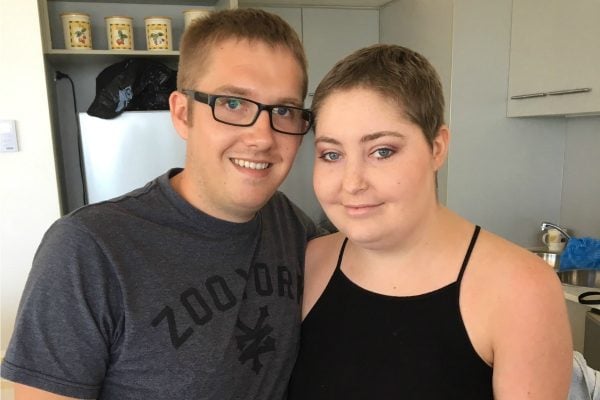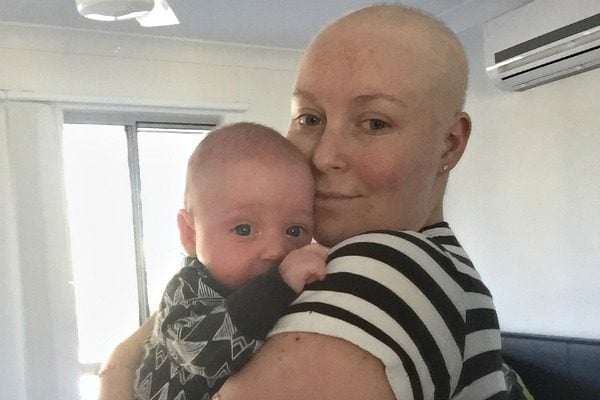
Most of us never get to meet our heroes. We admire them from afar, emulate them however we can. But Brisbane woman Anika Dean spent most of her life living under the same roof as hers. Her father.
He was diagnosed with Acute Myeloid Leukemia when she was just five. A disease that had already claimed the lives of two of Anika’s aunts.
Now aged 23, Anika can clearly recall the hospital visits, the waiting rooms, their special accommodation near the hospital. But what stands out to her most about that time was her father’s absence; “just him not being there”.
Chemotherapy, radiotherapy and a stem cell transplant halted his cancer. But 15 years later he would face an arguably even bigger struggle – watching his daughter go through the same thing.
Yes, three years ago came the family’s fourth blow. Anika too had AML, and she was 20 weeks pregnant.
“Nothing triggered me to think anything was wrong.”
Acute Myleoid Lukemia is a relatively rare form of cancer that affects the blood and bone marrow. Roughly 900 Australians are diagnosed annually, most commonly adults aged over 60.
It develops quickly, and most patients only report feeling unwell for a short period of time before diagnosis. Typical symptoms include anaemia (which in turn can cause persistent tiredness, dizziness, paleness, or shortness of breath), frequent or repeated infections and slow healing, increased or unexplained bleeding or bruising, also bone pain, swollen lymph nodes, swollen gums, chest pain and abdominal discomfort.
Anika’s symptoms were mild, and easily ignored.


